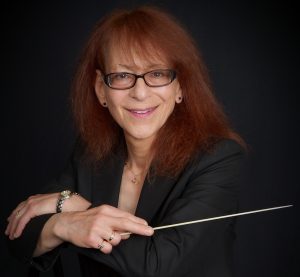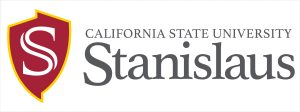Although music teachers may try to offer welcoming spaces for queer students, music activities are often gendered in problematic ways. Transgender students report issues in music classes related to speaking and singing voices; uniforms and staging; and ensemble travel. Trans and nonbinary youth must navigate frustrations such as binary-gendered language; teachers’ unwillingness to use students’ names and pronouns; dress codes; stigmatizing and inconvenient bathrooms and changing facilities; and a paucity of LGBTQ+ teachers and staff who might serve as role models. Additionally, nonbinary students experience constant erasure and misgendering because there is no recognizable nonbinary gender presentation.
This presentation connects research to practice by exploring these issues and considering ideas offered by transgender and nonbinary students and educators that can help to create music learning spaces where students feel safe and free to explore and express their gender identities. The session will include ample time for questions and discussion.
Target Audience
K–12 Music Teachers
Additional Notes
Clinician Info


Emma Joy Jampole
California State University, Stanislaus
Dr. Emma Joy Jampole (she/her) is Assistant Professor and Coordinator of Music Education at California State University, Stanislaus. She previously taught at the University of Wisconsin-Madison, Northwestern University, and Northeastern Illinois University. Dr. Jampole has extensive experience teaching instrumental and general music in public schools; she has performed professionally on the bassoon, clarinet, saxophone, and bass guitar.
Dr. Jampole earned her PhD at the University of Wisconsin-Madison; Master of Science in Education at Northern Illinois University; and Bachelor of Music Education at Northwestern University. Her work has appeared in the Music Educators Journal; the Gender, Education, Music, and Society Journal; and The Instrumentalist. Dr. Jampole has presented sessions at numerous international, national, and state-level symposia including the Midwest Clinic, College Music Society, LGBTQ+ Studies in Music Education, Feminist Theory in Music, and various All-State Conferences. Her current research focuses on transgender and other queer identities in music teaching and learning.
